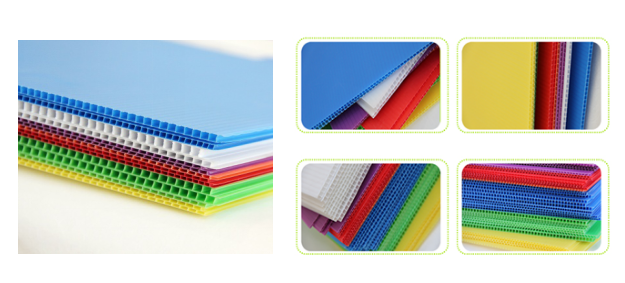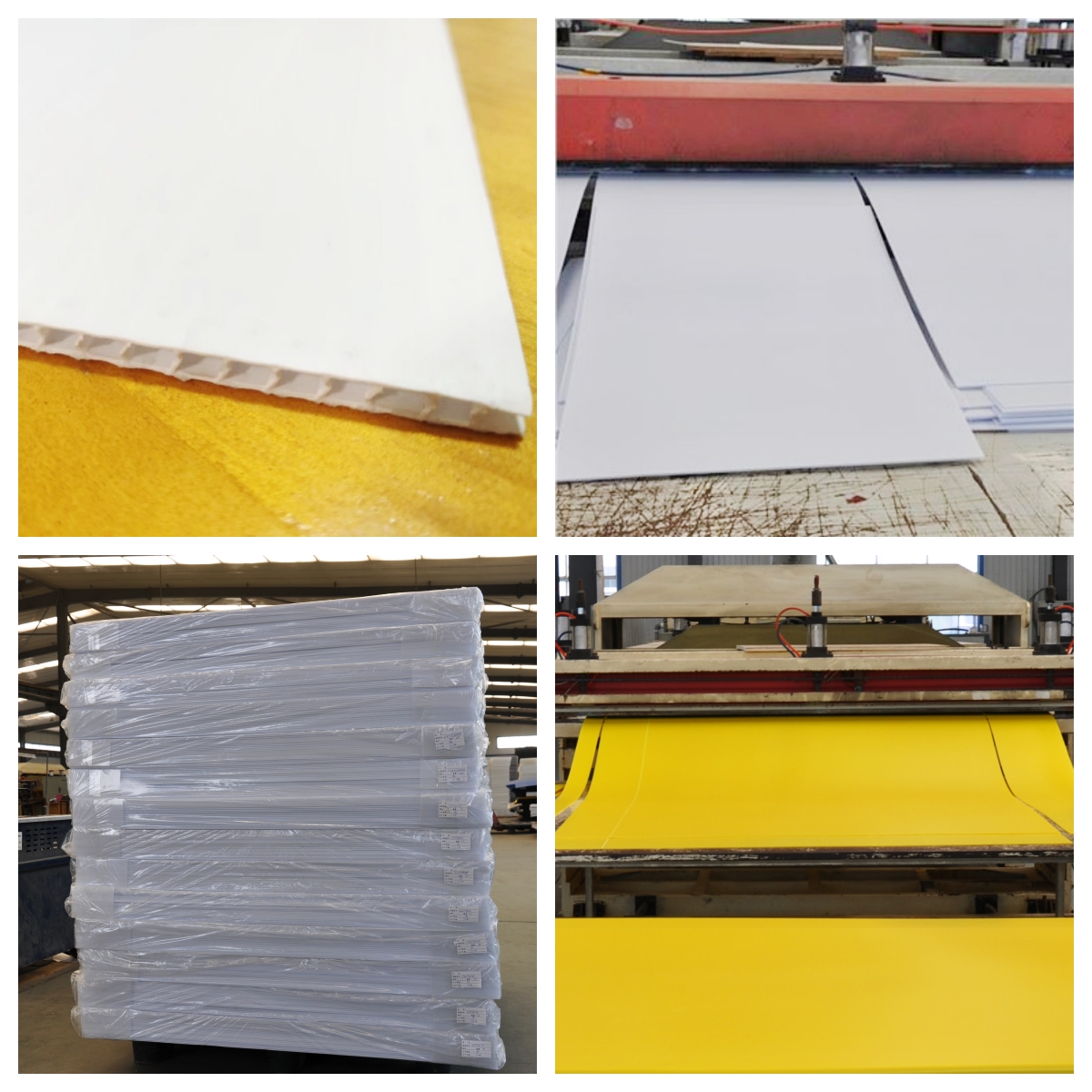Corrugated plastic, also known as Coroplast, is known for its versatility, durability, and affordability. The material is widely used for environmental protection purposes as it has numerous advantages over traditional cardboard materials. Let’s take a look at some of the positive environmental aspects of Corrugated plastic.

Firstly, corrugated plastic is a durable material that can withstand harsh weather conditions. Therefore, it can be used multiple times, reducing the need for constant replacement which is more sustainable in the long run.
Secondly, corrugated plastic is completely recyclable. Unlike cardboard, which can only be recycled up to 3 or 4 times before it loses its strength and quality, corrugated plastic can be recycled infinitely without losing its quality. This means that the material can be used over and over again, making it an environmentally friendly choice.
Furthermore, corrugated plastic is lightweight, which makes it easy to transport. Lightweight materials contribute to reducing emissions and energy consumed during transportation, making it an ideal choice for businesses that want to reduce their carbon footprint.
Finally, corrugated plastic is water-resistant and does not absorb moisture. This means that it is not susceptible to mold and mildew like traditional cardboard. Moldy cardboard can pose a risk to human health and can be detrimental to the environment. Corrugated plastic, on the other hand, does not harbor mold or mildew, making it a safer and cleaner choice for the environment.

In conclusion, the many advantages of corrugated plastic make it a perfect material for businesses and individuals who prioritize environmental sustainability. Its durability, recyclability, and lightweight properties make it a safe, ecologically responsible and economically viable solution to environmental protection.